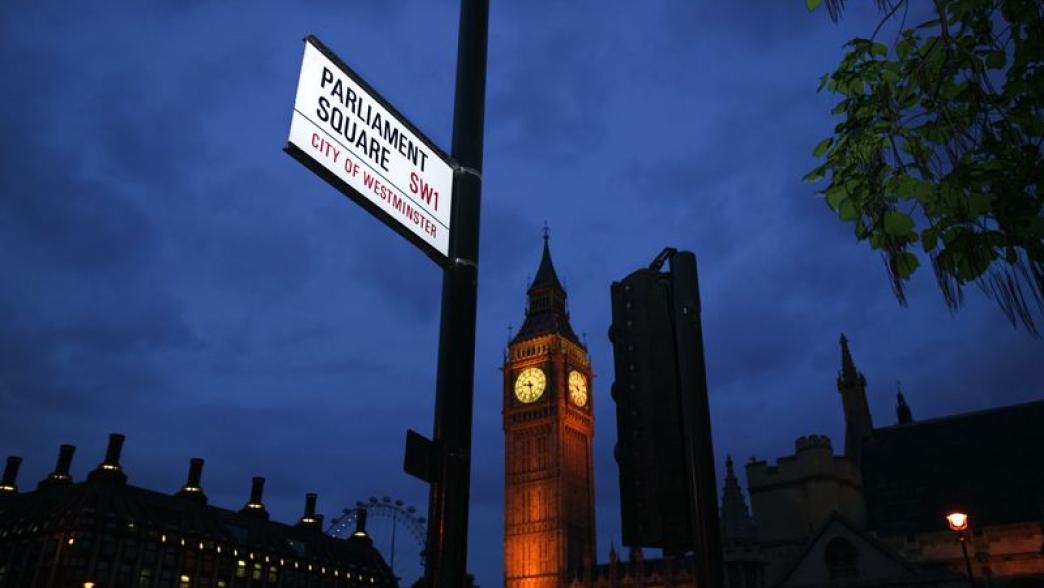Comment
How meaningful could a meaningful Brexit vote be?

Oliver Ilott argues that a meaningful vote on a final Brexit deal would be less meaningful than it first appears, but might still be a good idea.

Oliver Ilott argues that a meaningful vote on a final Brexit deal would be less meaningful than it first appears, but might still be a good idea.
The High Court has ruled that Parliament must vote to trigger Article 50
New IfG research sets out why parliamentarians are struggling to hold regulators to account – and what they could do better.
Next week could bring the swift toppling of the first minister and a summer election.